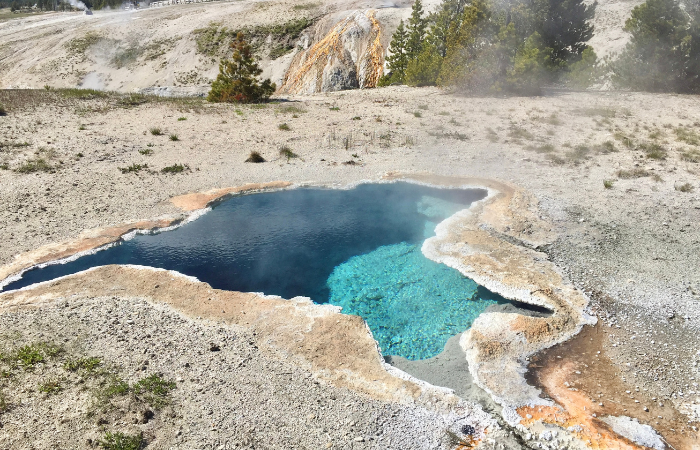What is Burlesque?

I’ve lost count of how many times I have been asked this question.
“Oh.. you mean, like, the pussycat dolls?”
Not exactly…
Burlesque
Pronunciation: \(ËOE)bÉ(TM)r-Ë^lesk\
Function: noun
Etymology: burlesque, adjective, comic, droll, from French, from Italian burlesco, from burla joke, from Spanish
Date: 1667
1 : a literary or dramatic work that seeks to ridicule by means of grotesque exaggeration or comic imitation
2 : mockery usually by caricature
3 : theatrical entertainment of a broadly humorous often earthy character consisting of short turns, comic skits, and sometimes striptease acts
On second thought…
All kidding aside, while originating much earlier, burlesque probably began to be popularized in Europe and the UK as early as the 17th and early 18th centuries and was introduced to North America during the 1860’s by Lydia Thompson and her troupe, British Blondes.
There are varying definitions, but burlesque was basically a comic imitation of a serious literary, political or artistic form, at least in the beginning. These shows used comedy, parody, sexuality and music to defy the established and/or conventional way of looking at things. The overall formula for a show would have most often consisted of the following:
Part one was composed of women singing songs and performing dances, interspersed with comedy from male comedians. Part two was a miscellaneous collection of acts and sketches including, contortionists, jugglers, ventriloquists, wrestlers, acrobats, etc…. The show’s finish was a grand finale, often a one-act musical performance.
Due to their controversial and rather adult content, some companies would put on Number 1 shows and Number 2 shows, the first being “clean”, the second “dirty”.
Burlesque had it’s ups and downs and it’s own evolution as it slowly changed from a scripted show of variety acts to simple performances focusing mostly on the striptease.
There were many fans, but also many protestors who felt that burlesque was corrupt and immoral.
In the 1920’s and 30’s the legal and social crackdown on burlesque eventually lead to the legendary raid on Minsky’s in Manhattan, and to their gradual downfall of burlesque in general. By 1937 Minsky’s license was revoked and burlesque performances in New York City were banned altogether. Burlesque struggled to survive after that, and eventually faded out completely, and it wasn’t until the mid 1990’s that burlesque crept back out of the woodwork and quickly began to build momentum again.
While in modern day burlesque, there are a number of shows comprised only of striptease, there are still many with the big band, comedians, acrobats etc…
Personally I find that producing a show where the striptease is mixed in between other variety acts helps keep the elements of tease and surprise. But there are several formulas that work, and choosing your line-up will vary depending on your target audience.
Today the burlesque community is flourishing and there are shows everywhere, from Chicago to Berlin to Tokyo. There are a handful of international Burlesque Festivals being hosted in Los Angeles, New York, New Orleans, Paris, Toronto, Montreal, Amsterdam, Vancouver and London to name a few. All of these boast a rather impressive roster of performers, including Dita Von Teese (Hollywood, CA), Catherine D’Lish (Northridge, CA), Dirty Martini (New York, NY), The Pontani Sisters (New York, NY), Michelle L’amour (Chicago IL), Oui Oui Encore (Montreal QC), Miss Indigo Blue (Seattle, WA), The World Famous BOB (New York, NY),Tanya Cheex (Toronto, ON), Sauci Calla Horra (Toronto ON), Julie Atlas Muz (New York, NY), Kalani KoKonuts (Las Vegas, NV), Diamondback Annie (Los Angeles, CA), Cecilia Bravo (Vancouver B.C.), Miss Sugarpuss (Montreal QC) Immodesty Blaize (London, UK), Kitty Neptune (Toronto, ON), Amber Ray (New York, NY) Bunny Love (New York, NY), not to mention many, MANY more…
And in answer to your earlier question, no. I don’t “mean, like, the pussycat dolls”.
Definition of Burlesque courtesy of http://www.merriam-webster.com/dictionary/Burlesque Merriam-Webster Online Dictionary







